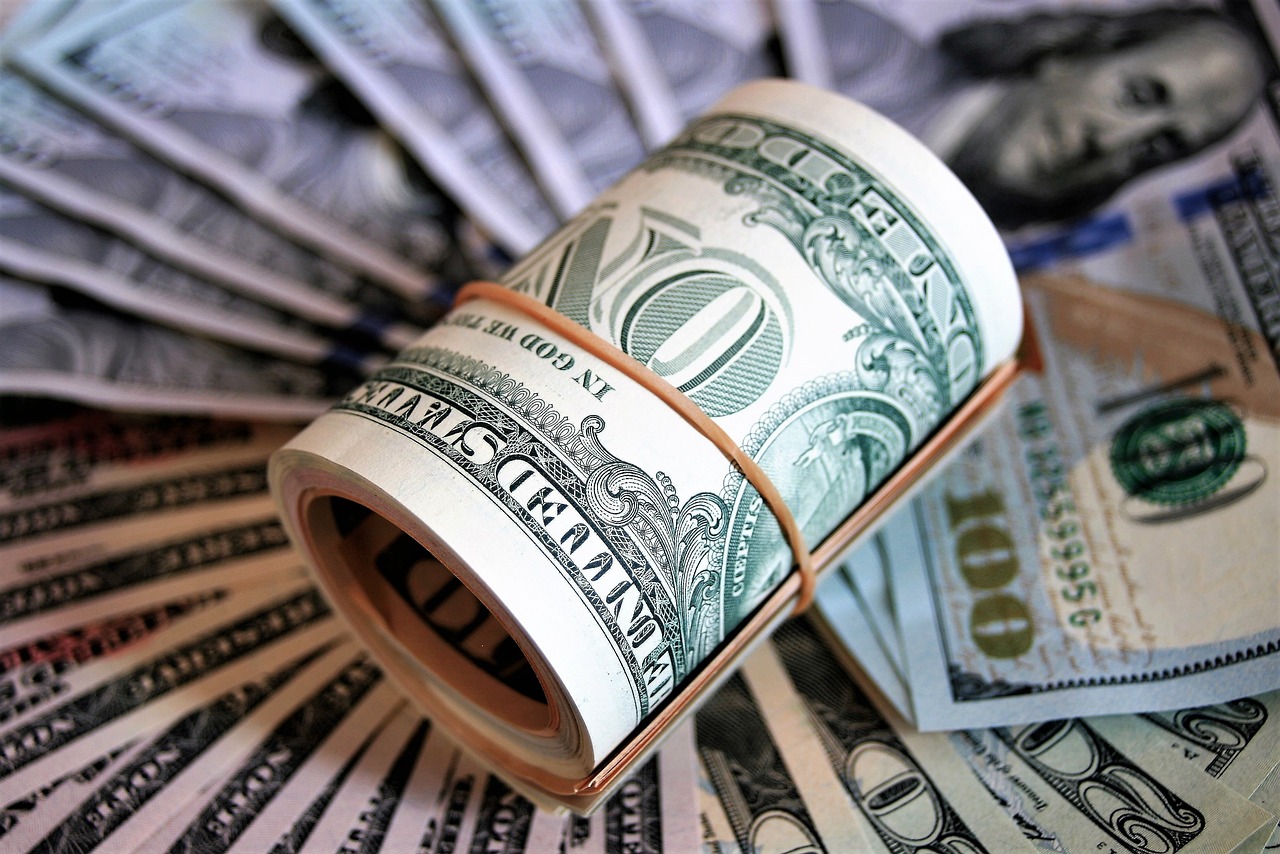
By Gershwin Wanneburg
The great de-dollarization debate has dominated conversation about the future of BRICS. Brazil’s president Luiz Inácio Lula da Silva ignited fierce debate earlier this year, when he urged developing countries to find alternatives to the US dollar. He also suggested that BRICS countries launch their own currency for trade.
Experts believe such a move is far off. But recently the US Treasury seemed to suggest that the trend is already under way. It released statistics showing that BRICS countries dumped $18.9 billion in U.S. Treasury bonds in one month alone.
In this article, we try to separate fact from fiction and take a look at the pros and cons of moving away from the dollar and establishing a new currency.
Pros
-Despite skepticism about dollar independence, researchers say it has been happening for years. Mihaela Papa, Adjunct Assistant Professor of Sustainable Development and Global Governance, at Tufts University, points out that BRICS countries have been seeking to reduce their reliance on the dollar for over a decade. She adds that Western sanctions on Russia after its invasion of Ukraine have accelerated the process.
-Papa, who has conducted extensive research on BRICS, says they have been “pursuing a wide range of initiatives to decrease their dependence on the dollar. Over the past year, Russia, China and Brazil have turned to greater use of non-dollar currencies in their cross-border transactions. Iraq, Saudi Arabia and the United Arab Emirates are actively exploring dollar alternatives. And central banks have sought to shift more of their currency reserves away from the dollar and into gold.”
-In 2010, BRICS countries launched an interbank mechanism to facilitate cross-border payments between BRICS banks in local currencies.
-BRICS pay – a system will allow transactions among BRICS countries in local currencies – is in the works.
-The possibility of a BRICS cryptocurrency has also been touted.
-Meanwhile, the Pan-African payment and settlement system, which facilitates direct payment transactions across the continent, offers another role model.
-On the political front, Lula da Silva’s re-election as Brazilian president in 2022 has sparked renewed calls to end dollar dependence, according to Papa. Lula has for long tried to reduce Brazil’s dependence on the dollar. He has also advocated for a new currency similar to the euro.
-The Chinese government has also been outspoken about its currency agenda, calling the dollar “the main source of instability and uncertainty in the world economy.” Papa says that Beijing blamed the US Federal Reserve’s interest rate hikes for weakening other countries and causing chaos in financial markets.
-The expansion of BRICS is bound to boost its de-dollarization agenda.
Cons
-88% of international transactions conducted in U.S. dollars, and the dollar accounts for 58% of global foreign exchange reserves.
-A single BRICS currency would be difficult to implement, given the contrasting economic realities and politics in each of the individual countries.
-A single currency will require an exchange rate mechanism, efficient payment systems and a well-regulated, stable and liquid financial market. To achieve a global currency status, BRICS would need a strong track record of joint currency management to convince others that the new currency is reliable.
-De-dollarization in the BRICS New Development Bank hasn’t made much headway over the past decade. Since its launch in 2014, the New Development Bank has not managed to move past local currency financing of 22% of its portfolio. And it looks like that won’t accelerate much any time soon. The bank’s new president aims to boost the local currency portfolio to 30% by 2026.
-Previous de-dollarization efforts between Russia and India have stalled.
-Professor Danny Bradlow, who specializes in international relations, is skeptical about cryptocurrencies as an option for currency unification, as well as reverting to the gold standard.
-According to Bradlow, countries’ willingness to accept a currency will depend on the level of trade they engage in with a country.
-Chris Weafer, an investment analyst whose firm specializes in Russia and Eurasia, believes a BRICS currency is a “non-starter”. Weafer said that countries carrying out more trade also need to hold more of each other’s currency in reserve. Convertibility is another issue.
-Bradlow said BRICS countries holding more reserves of local currencies is a “highly questionable” strategy as a reserve currency should be stable with access to liquid markets that can be moved in and out of quickly.
“The dollar is really the only currency that offers all those benefits at the moment,” he said.
-According to Weafer, any challenge to the dollar is decades away. After all these years, the euro has yet to dethrone the greenback.
-Weafer said countries using alternative currencies will still use the greenback to determine the value of what they buy and sell when it comes to commodities like oil.
Papa, who has studied the BRICS for more than a decade, offers a balanced appraisal of the viability of de-dollarization. On the one hand, she suggests, there is reason to be skeptical of some grand BRICS schemes. She points to the BRICS credit rating agency undersea cable that never made it off the ground. On the other hand, the mere fact that the conversation is happening is encouraging. What’s more, the emergence of a new economic order will not depend on a single currency, but it could very well be an offshoot of BRICS solidarity.

